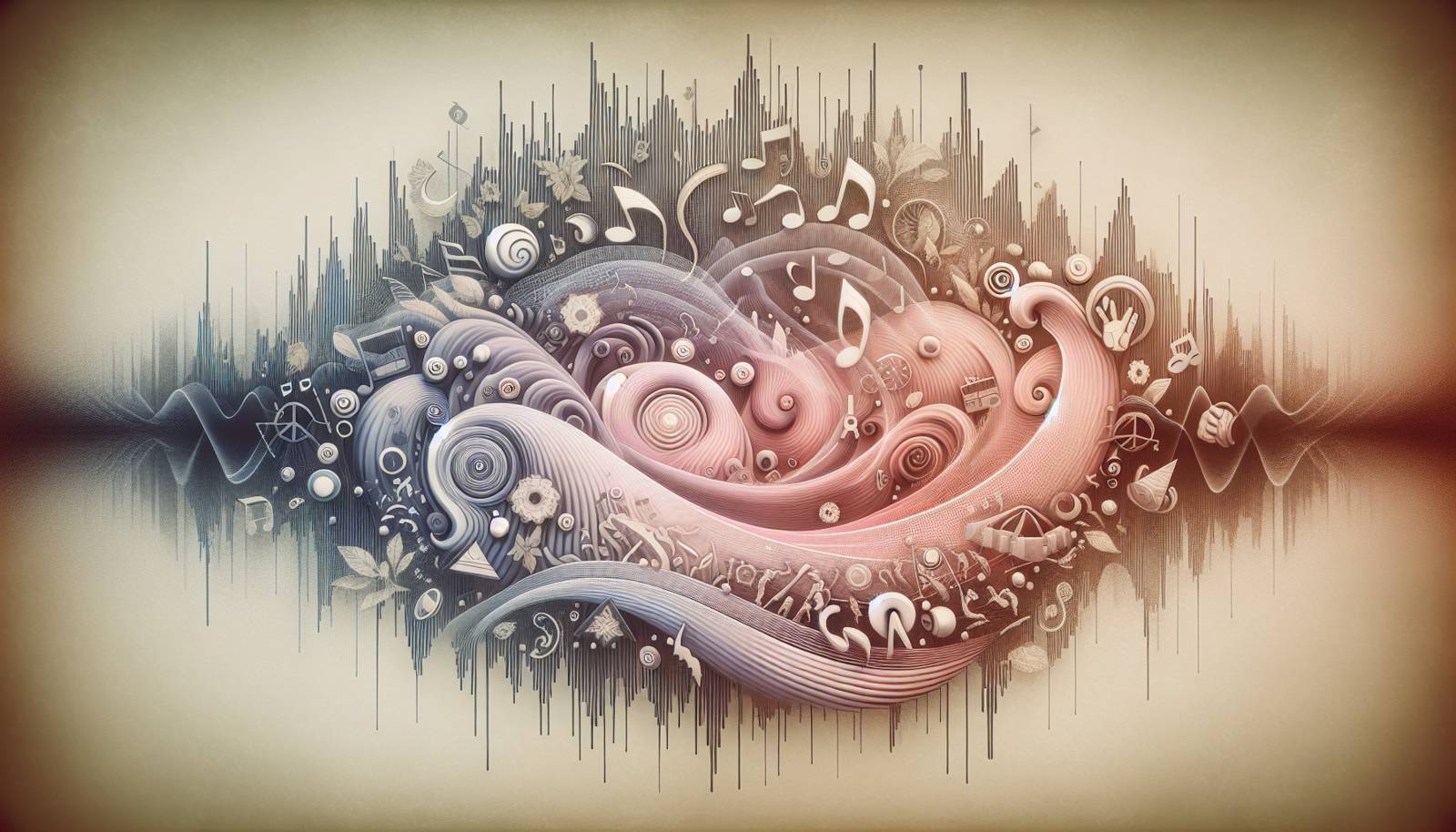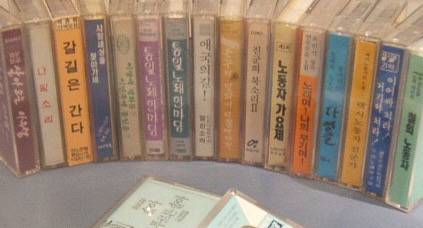
FAQ About The Role of Music in Political Protest Movements

What role does music play in political protest movements?
Music acts as a powerful tool in political protest movements by uniting people through shared emotional and ideological expressions. It often serves to inspire, motivate, and embolden participants while conveying messages to a wider audience. Music can articulate grievances, foster solidarity, and amplify the voices of marginalized communities, making it a crucial element of social and political activism.

How has music historically influenced political movements?
Throughout history, music has been integral to political movements by providing anthems that symbolize resistance and change. For example, "We Shall Overcome" became synonymous with the Civil Rights Movement in the United States, while "Give Peace a Chance" was adopted by anti-war activists during the Vietnam War era. By encapsulating the spirit and goals of these movements, music has facilitated widespread engagement and understanding.

Can you give examples of songs that were pivotal in protest movements?
Many songs have played pivotal roles in protest movements. "Imagine" by John Lennon has been used globally as a peace anthem. "Fight the Power" by Public Enemy was influential during the anti-establishment movements in the late 1980s and 1990s. Another example is "Alright" by Kendrick Lamar, which has been embraced by the Black Lives Matter movement for its message of resilience and hope.

Why is music effective in communicating protest messages?
Music is effective in communicating protest messages because it transcends language and cultural barriers through its emotive and mnemonic qualities. Lyrics combined with melodies can provoke emotional responses and make complex political ideas more accessible and memorable. This accessibility enables music to circulate rapidly across different media and communities, spreading the core messages far and wide.

How do protest songs impact listeners' emotions and perceptions?
Protest songs can deeply impact listeners by invoking a range of emotions such as hope, anger, solidarity, or empathy. These emotional responses can alter perceptions, galvanize action, and strengthen belief in the protest cause. By resonating on a personal level, music has the capacity to change mindsets and motivate support for political and social change.

What are some challenges faced by musicians involved in protest movements?
Musicians involved in protest movements can face a variety of challenges, including censorship, political persecution, and public backlash. Some governments and institutions may attempt to suppress protest music to stifle dissent, while artists may also need to navigate the commercial music industry's pressure to remain mainstream. Furthermore, protests can polarize audiences, potentially impacting an artist's popularity and financial success.

In what ways has technology influenced the use of music in protests?
Technology has greatly influenced the use of music in protests by facilitating rapid dissemination and reach. Digital platforms like social media, streaming services, and video sharing sites allow protest music to reach global audiences instantly. This enhances accessibility, enabling people from different locales to engage with and support movements. Technology also allows for more interactive and participatory experiences, such as virtual concerts or collaborative protest song creation.

How did music contribute to the Civil Rights Movement in the USA?
Music was a cornerstone of the Civil Rights Movement in the USA, serving as a unifying and motivating force. Songs like "We Shall Overcome," "A Change is Gonna Come" by Sam Cooke, and "Strange Fruit" by Billie Holiday articulated the struggle for equality and justice. These songs were sung at marches, sit-ins, and rallies, fostering solidarity and providing hope and courage in the face of adversity.

What are protest songs and how are they characterized?
Protest songs are a genre of music dedicated to addressing political and social issues, often characterized by their lyrical content that speaks to injustices, calls for change, and challenges the status quo. Typically, these songs resonate with the shared experiences of those protesting and may use storytelling, emotional appeal, and strong messaging to galvanize listeners.

Can music be an agent of cultural change in a protest movement?
Yes, music can be a significant agent of cultural change in protest movements by challenging prevailing norms and attitudes while fostering new cultural identities. Through music, protestors can express dissent in ways that reverberate across society, influencing public discourse and cultural practices. The widespread reach of music allows it to be a catalyst for broader societal transformation.

Why do protest movements often use songs from popular artists?
Protest movements often use songs from popular artists because these songs already have significant reach and emotional impact, making them effective at attracting attention and conveying messages to a wide audience. These artists often have established credibility and fan bases that can help amplify the movement’s cause. Furthermore, popular music’s resonance within mainstream culture can help destigmatize and legitimize the protest message.

What impact have protest songs had on government policies?
Protest songs have historically impacted government policies by raising awareness and applying pressure on policymakers through public sentiment and international attention. While a song alone may not change policy, it can contribute to a broader movement that compels political leaders to act, as seen with songs like "Do They Know It's Christmas?" and "We Are the World," which helped draw attention to famine and poverty, influencing foreign aid policies.

How do musicians balance commercial success with activism?
Musicians often balance commercial success with activism by aligning their public personas and music with social causes that resonate authentically with their personal beliefs. Some leverage their platform to highlight issues while continuing to produce mainstream music, whereas others might focus more intensely on activist messaging at the potential cost of reduced commercial appeal. Strategic partnerships and collaborations can also help maintain this balance.

Have any musicians faced backlash for their involvement in protest movements?
Yes, musicians have faced backlash for their involvement in protest movements due to the polarizing nature of political activism. Artists like Dixie Chicks, who openly criticized political figures, experienced boycotts and radio bans. This backlash highlights the risk artists take when aligning with contentious issues, but it also underscores the impact and importance of their messages in public discourse.

What role does music play in international protest movements?
In international protest movements, music plays a crucial role in transcending language barriers and cultural differences, uniting diverse groups under a common cause. Songs can become universal anthems for justice and freedom, as seen in the use of "Bella Ciao" in European protests or "El pueblo unido jamás será vencido" in Latin American demonstrations. These songs help communicate universal themes of resistance and solidarity.

Is music a form of nonviolent resistance?
Yes, music can be a powerful form of nonviolent resistance. It allows individuals and groups to express dissent and promote change through peaceful means. Through lyrical content and communal singing, music can convey powerful messages of hope and resistance without resorting to violence, often drawing public and media attention to the cause.

What influence does music have on youth participation in protests?
Music greatly influences youth participation in protests by resonating with younger generations and serving as a medium through which they can express their identities and values. Energetic and relatable music can galvanize youth engagement, inspiring them to become active participants in movements seeking change. Concerts, festivals, and social media campaigns incorporating protest music further encourage participation by making activism accessible and relevant.

How do protest movements select music for their campaigns?
Protest movements select music based on its lyrical relevance, emotional impact, and resonance with the movement’s objectives and participants. Often, songs are chosen for their historical significance, the credibility of the artist, or their popularity within the target demographic. Movements may also create original compositions to address specific issues or to articulate collective aspirations uniquely and authentically.

Does music in protest movements vary across cultures?
Yes, music in protest movements varies significantly across cultures, reflecting local historical contexts, traditions, and languages. While certain themes like freedom and justice are universal, the musical styles, instruments used, and lyrical content can differ substantially. Cultural music preferences and practices influence how protest music is created and how effectively it resonates with diverse audiences.

Can protest music contribute to the longevity of a movement?
Protest music can significantly contribute to the longevity of a movement by keeping its messages alive and relevant. Song archives and public performances can sustain awareness over time, continuously reminding both participants and observers of the movement’s core issues and goals. Music’s pervasive influence encourages ongoing engagement, helping prevent the momentum from dissipating.
